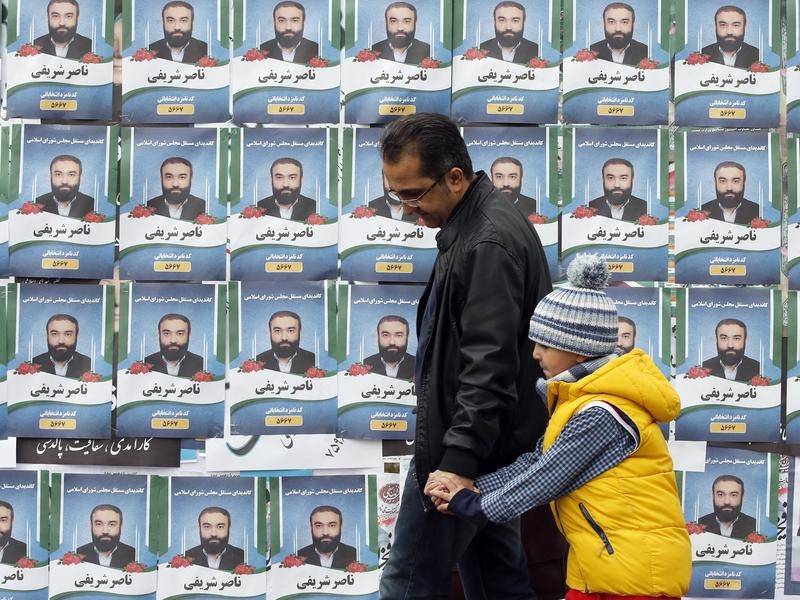Iranians began voting on Friday in a parliamentary election likely to help religious rulers tighten their grip on power as the country faces mounting US pressure over its nuclear programme and growing discontent at home.
With thousands of potential candidates disqualified in favour of hardliners loyal to Supreme Leader Ayatollah Ali Khamenei, the vote is not expected to influence the country’s fraught relationship with the United States.
Even though parliament does not wield significant power, gains by security hawks could weaken pragmatists and conservatives who back the ruling theocracy but support more engagement with the outside world.
More hardline seats in the Assembly may also help them in the 2021 contest for president, a job with wide day-to-day control of government.
Washington’s withdrawal in 2018 from Iran’s nuclear deal with world powers, and its reimposition of crippling sanctions, have hurt pragmatists who supported the pact.
Tensions between Iran and the US have increased dramatically since an American drone strike killed the country’s most prominent military commander, Qassem Soleimani, at Baghdad airport on January 3.
Iran retaliated on January 8 by attacking US targets in Iraq with domestically built ballistic missiles, killing no one but causing brain injuries in more than 100 soldiers.
Read the article by Parisa Hafezi and Babak Dehghanpisheh in The Canberra Times.

